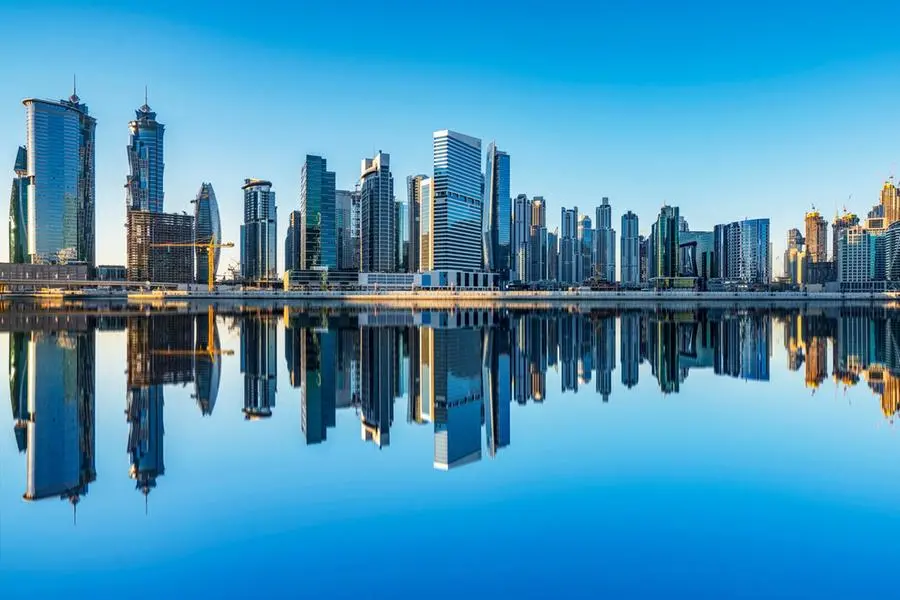PHOTO
The UAE’s non-oil economy remained strong in March as demand continued to rise, but businesses faced mounting pressures from soaring prices of oil and other commodities, according to a new business survey.
The seasonally adjusted S&P Global UAE Purchasing Managers’ Index (PMI) inched up to 54.8 in March from 54.1 in February, indicating a further improvement in operating conditions. However, inflationary pressures linked to high commodity prices climbed to their highest level in more than three years.
The growth in the non-oil private sector was mainly driven by domestic sales, although new export business also expanded modestly, according to S&P Global.
However, cost pressures climbed to a 40-month high, as the prices of fuel and raw materials rose sharply due to supply concerns relating to the Russia-Ukraine conflict.
According to David Owen, economist at S&P Global, a strong increase in demand across the non-oil economy managed to mask the threat posed by rising commodity prices last month, but businesses now face a “difficult decision” whether to pass on rising costs or face lower profit margins.
“With energy and raw material costs rising around the world in response to the Russia-Ukraine war, UAE firms faced a sharp increase in purchase prices and the most marked rise in overall price pressures for more than three years,” Owen said.
“Moreover, there is the risk that a drop in material and energy availability will add to supply chain problems that first appeared during lockdown measures.”
Owen noted that current data still suggest that conditions are improving “for now”, citing that delivery times have shortened at the “joint-fastest rate” in nearly two years.
(Reporting by Cleofe Maceda; editing by Seban Scaria)





















